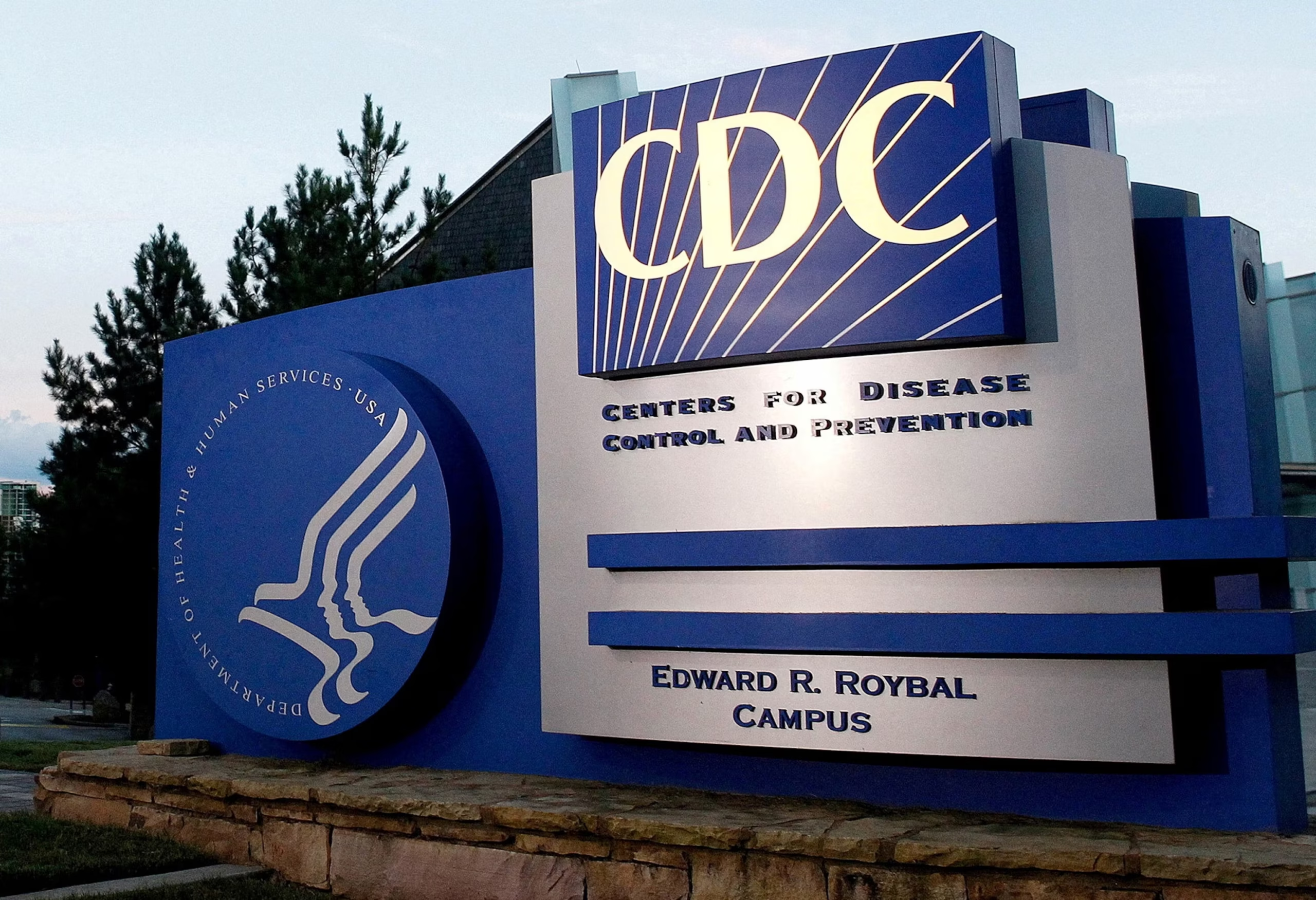Sweeping changes to immunization advisory body raise questions about future access and national vaccine policy
This week, a little-known but highly influential panel within the Centers for Disease Control and Prevention entered the spotlight. The Advisory Committee on Immunization Practices (ACIP)—responsible for recommending vaccines and guiding what’s covered by insurance and federal programs—was completely overhauled by Health Secretary Robert F. Kennedy Jr.
In a move without precedent, Kennedy dismissed all 17 existing members of the committee and, within 48 hours, announced eight new appointees. Several of them gained attention during the pandemic for challenging official narratives about school closures, lockdowns, and mRNA vaccine safety. One of the new members, Vicky Pebsworth, is a former board member of a group that emphasizes vaccine safety risks.
Experts raise concerns over qualifications and access
Immunization and infectious disease experts have expressed alarm over the changes, warning that the newly formed panel could shift vaccine policy in ways that may reduce access. “I’ve spent decades in this field and don’t recognize most of these names,” said a long-time CDC immunization official.
One pediatric infectious disease specialist compared the change to replacing every air traffic controller in the U.S. with individuals unfamiliar with aviation—some of whom may not even believe in flying.
In response, the Department of Health and Human Services defended the new committee, calling the appointees “qualified medical professionals committed to evidence-based practice, rigorous scientific review, and public health transparency.” The agency stated that the panel will require “comprehensive safety and efficacy data” for any new vaccine recommendations, and that the immunization schedule will be reevaluated.
What ACIP decisions affect
ACIP typically meets several times a year to analyze scientific data and issue vaccine guidance based on age, health risks, and disease trends. Once the CDC endorses their recommendations, those vaccines often become required under the Affordable Care Act, meaning insurers must cover them.
The panel also decides which vaccines are included in the Vaccines for Children program, which provides free immunizations to underinsured or low-income children. Nearly half of all children in the U.S. are eligible.
Any major change in ACIP’s vaccine recommendations could therefore reduce access to immunizations for millions, particularly if some shots are removed from the approved list. Experts point to the risk of another measles resurgence, similar to the outbreak in the early 1990s that led to the creation of the Vaccines for Children program.
Shared decision-making adds complexity for doctors
One key concern is how the panel might shift vaccine guidance from routine recommendations to shared clinical decision-making—a designation where the choice is made jointly by doctor and patient rather than as standard practice.
While this model allows for individualized discussions, it can also lead to confusion, especially during short clinic visits. “It weakens the message,” said one pediatrician. “If experts aren’t unified, parents may hesitate.”
It also creates logistical problems. When a vaccine is recommended routinely, providers are expected to stock it. But under shared decision-making, many especially in rural areas may choose not to, citing financial constraints.
“Stocking vaccines is already tough for rural clinics,” one pediatric leader noted. “Adding more uncertainty may only widen those gaps.”
Recent changes to COVID vaccine guidance signal a shift
The CDC’s recent adjustment to classify COVID vaccines for children under shared decision-making has already caused confusion, some experts say. They fear that the new ACIP, with Kennedy’s appointees, may expand this approach to other vaccines.
“It sends the message that these vaccines are optional or not essential,” said one physician. “But vaccines are a cornerstone of modern public health—they prevent outbreaks and save lives.”
As the new committee begins its work, the public health community will closely monitor how its decisions shape vaccine access, particularly for vulnerable populations. The long-term impact on national immunization policy remains to be seen.


